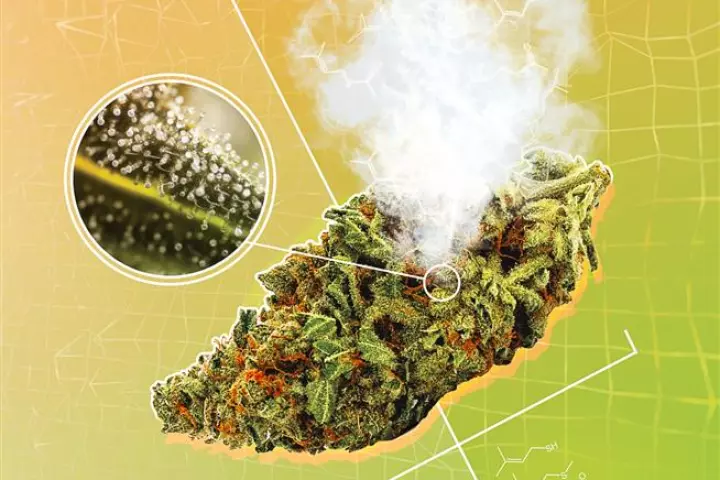Smell
-
While we've heard about a number of "electronic noses," the devices are rarely as sensitive as their natural counterparts. That's why Israeli scientists have taken a new approach, by incorporating a locust antenna into an odor-identifying robot.
-
A new study is presenting evidence suggesting viral infections in the olfactory system can accelerate the progression of Alzheimer's disease. The research looked at the relationship between markers of infections and neurodegeneration in the hippocampus.
-
For decades, inventors have pursued the concept of adding "smell-o-vision" to movies or TV shows. Swedish scientists have now created such a system for use in VR gaming, and it could actually help people regain their lost sense of smell.
-
Having been domesticated many thousands of years ago, dogs have evolved to become highly attuned to human behavior, but a study from scientists at Queen's University Belfast has taken this concept into new terrain.
-
A compelling new study suggests we tend to make friends with people who smell the same as us. Across a series of experiments the researchers found volunteers interacted more positively with strangers who shared similar body odor qualities.
-
A fascinating new study suggests trained ants could be an effective way to detect cancer in humans. The researchers demonstrated a certain species of ant can be quickly trained to detect cancerous cells with an accuracy equal to that seen in dogs.
-
If mosquitoes seem to love you but ignore the person sitting next to you, the color of your clothes might be to blame. New experiments reveal that certain colors attract hungry mosquitoes, which could be used to design new traps or repellents.
-
We've already seen devices that allow users to create their own custom-color lipsticks and fingernail polish patterns. It should come as no surprise, then, that there's now a system for creating your own custom-scented perfume, whenever the mood strikes.
-
An intriguing new study has found a chemical excreted by babies can influence aggression in humans. The findings reveal curious sex-specific responses to the chemical, triggering aggression in women but blocking aggression in men.
-
A study is offering one of the most comprehensive investigations ever conducted into the origins of cannabis' unique “skunk-like” smell, discovering an entirely new family of sulfur compounds that are chemically similar to compounds found in garlic.
-
Wastewater treatment plants generally aren't known for their nice smell, and they have to be monitored in order to ensure that they're not becoming too stinky. An experimental new system uses an "e-nose" and a drone to do the job better.
-
Australian researchers have found the bacteria in your mouth can react with certain compounds in Brassica vegetables to generate a sulfurous odor that may explain some people’s strong dislike of foods such as brussels sprouts, broccoli, and cauliflower.
Load More











